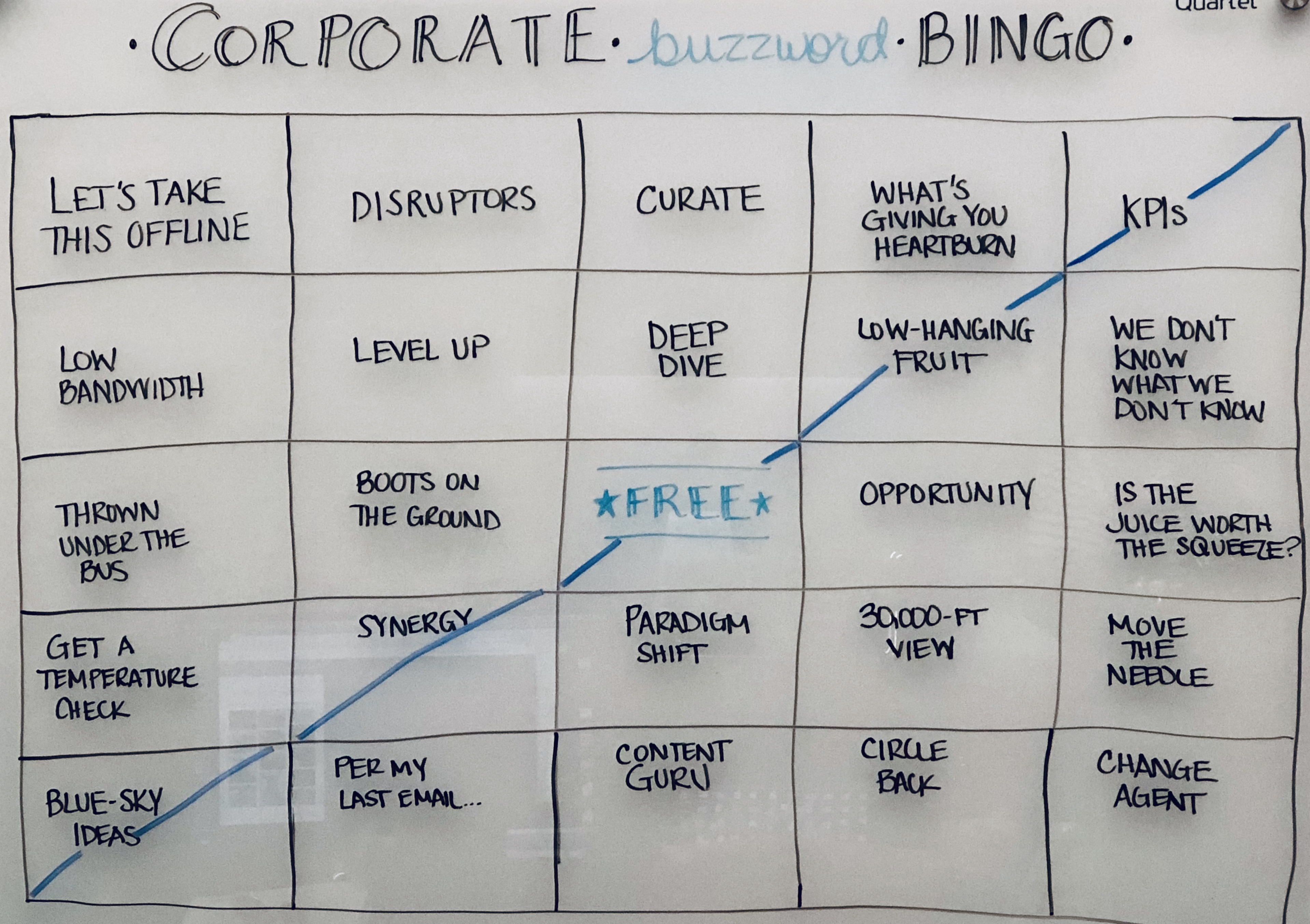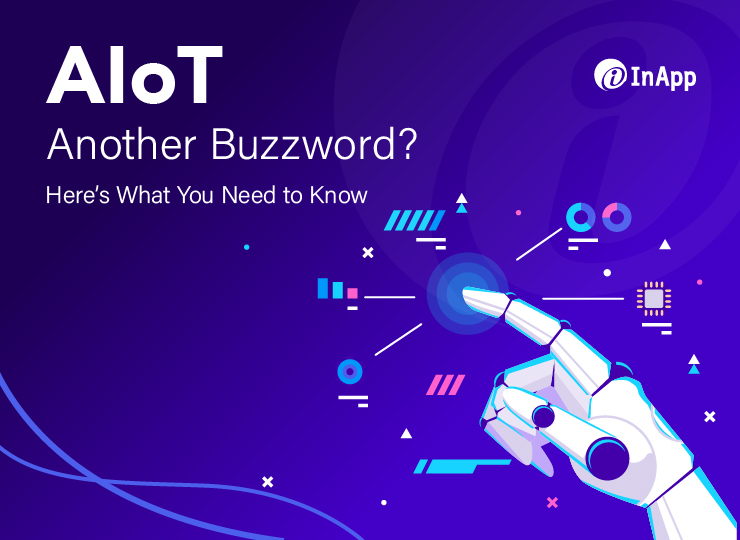“ChatGPT for Consultants: A Strategic Advantage or Just Another Buzzword?
Artikel Terkait ChatGPT for Consultants: A Strategic Advantage or Just Another Buzzword?
- Level Up Your Drip Campaigns With The Power Of ChatGPT: A Guide To Personalized Engagement
- Unleash Your Reel Potential: How To Create Engaging Reels Using ChatGPT
- Level Up Your Online Business With The Power Of ChatGPT AI: A Comprehensive Guide
- The Rise Of The Conversational Website: How ChatGPT AI Chatbots Are Transforming Customer Experience
- Unleashing The Power Of ChatGPT For SEO-Optimized Content: A Comprehensive Guide
Table of Content
Video tentang ChatGPT for Consultants: A Strategic Advantage or Just Another Buzzword?
ChatGPT for Consultants: A Strategic Advantage or Just Another Buzzword?
The consulting landscape is perpetually evolving, demanding that professionals constantly adapt to new technologies and methodologies to maintain a competitive edge. Enter ChatGPT, the large language model (LLM) from OpenAI that has taken the world by storm. But is ChatGPT just another fleeting buzzword, or does it offer tangible benefits for consultants looking to enhance their efficiency, deliver superior results, and ultimately, grow their business?
This article dives deep into the potential applications of ChatGPT for consultants, exploring its strengths, limitations, and offering practical guidance on how to leverage this powerful tool effectively.
Beyond the Hype: Understanding ChatGPT’s Capabilities
Before we delve into specific applications, it’s crucial to understand what ChatGPT is and what it isn’t. ChatGPT is a sophisticated AI model trained on a massive dataset of text and code. It can generate human-like text, translate languages, write different kinds of creative content, and answer your questions in an informative way.
However, it’s not a magic bullet. ChatGPT is not a substitute for critical thinking, strategic planning, or deep domain expertise. It’s a tool that, when used strategically, can amplify a consultant’s existing skills and capabilities.
Key Applications of ChatGPT for Consultants:
Here’s a breakdown of how consultants can leverage ChatGPT across various stages of the consulting process:
1. Proposal Development and Business Development:
- Generating Initial Drafts: Crafting compelling proposals that resonate with potential clients is a time-consuming but crucial task. ChatGPT can quickly generate initial drafts of proposals based on project outlines, client needs, and desired outcomes. This saves valuable time and provides a solid foundation for further refinement.
- Tailoring Proposals to Specific Industries: ChatGPT can be used to tailor proposal language to specific industries and client profiles. By providing relevant information about the client’s industry, challenges, and competitors, ChatGPT can generate content that speaks directly to their needs.
- Creating Compelling Case Studies: Showcasing past successes is vital for winning new business. ChatGPT can help consultants summarize complex projects and highlight key achievements in a concise and impactful manner, creating compelling case studies that demonstrate their expertise.
- Researching Potential Clients: Gain a deeper understanding of potential clients and their market landscape by using ChatGPT to summarize company reports, analyze competitor activities, and identify key industry trends. This information can be used to tailor your outreach and demonstrate a clear understanding of their business.
- Generating Email Marketing Content: Developing engaging email marketing campaigns to attract new clients can be a challenge. ChatGPT can assist in crafting compelling subject lines, writing persuasive email copy, and creating personalized messages based on target audience segments.

2. Project Planning and Execution:
- Brainstorming and Idea Generation: Overcoming creative blocks is a common challenge. ChatGPT can be used to brainstorm new ideas, generate alternative solutions, and explore different approaches to problem-solving.
- Developing Project Plans and Timelines: Creating detailed project plans and timelines can be a complex undertaking. ChatGPT can help consultants break down projects into smaller tasks, estimate timelines, and identify potential dependencies.
- Generating Meeting Agendas and Minutes: Streamline meeting preparation and follow-up by using ChatGPT to generate meeting agendas based on project objectives and create concise and accurate meeting minutes.
- Analyzing Data and Identifying Trends: While ChatGPT is not a replacement for dedicated data analysis tools, it can assist in identifying initial trends and patterns in data sets. This can help consultants focus their analysis efforts and uncover valuable insights.
- Creating Training Materials and Documentation: Developing comprehensive training materials and documentation is often a critical part of consulting engagements. ChatGPT can help consultants generate clear and concise documentation, including user guides, training manuals, and standard operating procedures.

3. Client Communication and Reporting:
- Drafting Emails and Reports: Communicate effectively with clients by using ChatGPT to draft professional emails, progress reports, and executive summaries. This ensures clear and consistent communication throughout the project lifecycle.
- Summarizing Complex Information: Translate complex technical or business jargon into easily understandable language for clients. ChatGPT can help consultants simplify complex information and communicate key findings in a clear and concise manner.
- Generating Presentation Slides and Talking Points: Develop engaging presentations that effectively communicate project results and recommendations. ChatGPT can assist in generating presentation slides, crafting compelling talking points, and creating visually appealing content.
- Providing Customer Support and Answering FAQs: Improve client satisfaction by using ChatGPT to answer frequently asked questions and provide basic customer support. This can free up consultants’ time to focus on more complex issues.
4. Knowledge Management and Research:
- Summarizing Research Papers and Articles: Stay up-to-date on the latest industry trends and research by using ChatGPT to summarize research papers, articles, and industry reports.
- Organizing and Categorizing Information: Improve knowledge management by using ChatGPT to organize and categorize documents, articles, and other information resources.
- Identifying Relevant Experts and Resources: Connect with the right people and resources by using ChatGPT to identify relevant experts, organizations, and online communities.
- Translating Documents and Communications: Overcome language barriers by using ChatGPT to translate documents and communications into different languages.
Limitations and Considerations:
While ChatGPT offers significant potential, it’s essential to be aware of its limitations:
- Accuracy and Fact-Checking: ChatGPT is trained on a vast dataset, but it can still generate inaccurate or misleading information. It’s crucial to always verify the information provided by ChatGPT and cross-reference it with reliable sources.
- Bias and Fairness: ChatGPT’s training data may contain biases, which can be reflected in its output. Consultants should be aware of this potential bias and strive to ensure that their use of ChatGPT is fair and equitable.
- Confidentiality and Data Security: When using ChatGPT, it’s essential to be mindful of data security and confidentiality. Avoid sharing sensitive client information with the platform and take steps to protect your data.
- Lack of Critical Thinking: ChatGPT is not a substitute for critical thinking and strategic planning. It’s a tool that can assist in these processes, but it should not be relied upon to make critical decisions without human oversight.
- Over-Reliance: Over-reliance on ChatGPT can stifle creativity and lead to a decline in critical thinking skills. Consultants should strive to use ChatGPT as a tool to augment their existing skills, not replace them entirely.
Best Practices for Using ChatGPT Effectively:
To maximize the benefits of ChatGPT while mitigating its risks, consider these best practices:
- Provide Clear and Specific Prompts: The quality of ChatGPT’s output depends heavily on the quality of the prompts it receives. Be clear and specific in your prompts, providing as much context as possible.
- Iterate and Refine: Don’t expect ChatGPT to generate perfect results on the first try. Iterate and refine your prompts based on the initial output, providing feedback and guidance to improve the results.
- Fact-Check and Verify: Always fact-check and verify the information provided by ChatGPT before using it in your work.
- Maintain a Human-in-the-Loop Approach: Use ChatGPT as a tool to augment your existing skills, not replace them entirely. Maintain a human-in-the-loop approach, ensuring that you are always critically evaluating and refining the output.
- Be Mindful of Data Security: Avoid sharing sensitive client information with ChatGPT and take steps to protect your data.
- Stay Up-to-Date: ChatGPT is constantly evolving. Stay up-to-date on the latest features and capabilities of the platform to ensure that you are using it effectively.
FAQ: Common Questions About ChatGPT for Consultants
- Q: Is ChatGPT going to replace consultants?
- A: No. ChatGPT is a tool that can augment a consultant’s capabilities, but it cannot replace the critical thinking, strategic planning, and domain expertise that consultants provide.
- Q: How much does ChatGPT cost?
- A: OpenAI offers both free and paid versions of ChatGPT. The free version has limitations on usage and features, while the paid version offers more advanced capabilities and higher usage limits.
- Q: What industries is ChatGPT best suited for?
- A: ChatGPT can be used across a wide range of industries. However, it is particularly well-suited for industries that rely heavily on communication, research, and data analysis.
- Q: What are the ethical considerations of using ChatGPT?
- A: Ethical considerations include accuracy, bias, confidentiality, and transparency. Consultants should be aware of these considerations and take steps to mitigate the risks.
- Q: How can I learn more about using ChatGPT effectively?
- A: There are many online resources available, including tutorials, articles, and online courses. Experiment with the platform and explore different use cases to discover how it can best benefit your consulting practice.
Conclusion: Embracing the Future of Consulting with ChatGPT
ChatGPT is not just a fleeting trend; it represents a fundamental shift in how consultants can approach their work. By embracing this powerful tool strategically and responsibly, consultants can unlock new levels of efficiency, deliver superior results, and ultimately, thrive in the ever-evolving consulting landscape. While it’s crucial to be aware of its limitations and use it with caution, the potential benefits of ChatGPT for consultants are undeniable. As the technology continues to evolve, consultants who embrace and master these AI-powered tools will be best positioned for success in the future. The key is to view ChatGPT as a valuable partner, augmenting existing skills and empowering consultants to focus on what they do best: providing strategic guidance and delivering impactful results for their clients.


